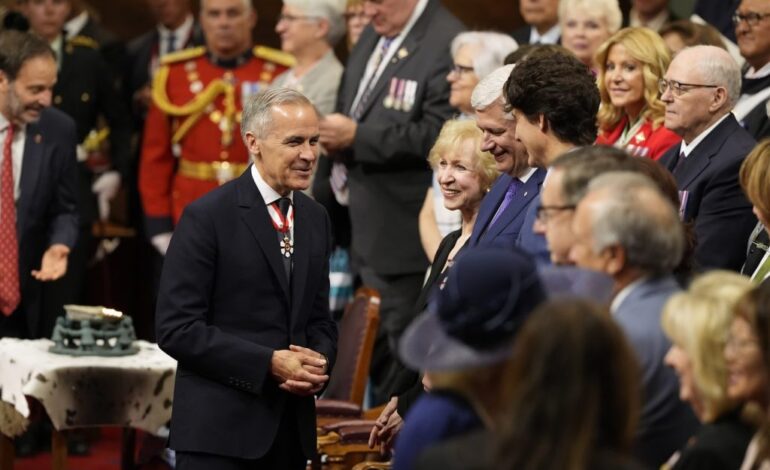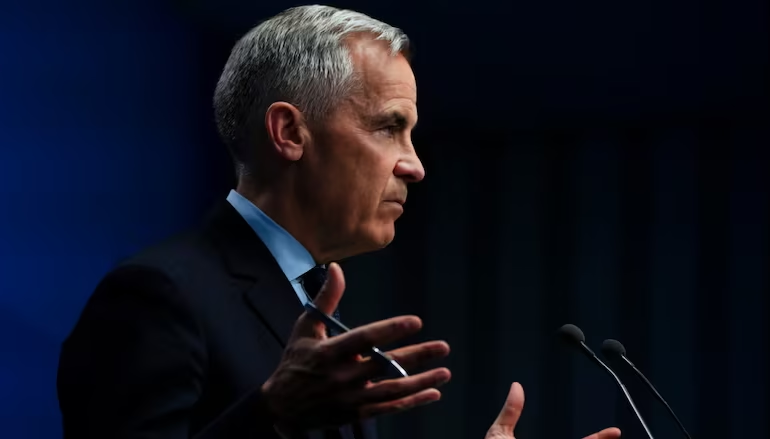
“Carney’s Nation-Building Bill Hangs in Balance Amid Senate Uncertainty”
Prime Minister Mark Carney’s point-person in the Senate is pressing for the swift passage of the government’s landmark “nation-building” projects bill, but he isn’t certain he can get it over the finish line before the upper house is scheduled to break for the summer.
In an interview with CBC News on Wednesday, Sen. Marc Gold, the government representative charged with shepherding C-5 through the Red Chamber, said he wants the bill to pass this week with no amendments.
But, with senators essentially free agents after a series of changes under former prime minister Justin Trudeau, it’s hard to say what the outcome will be — given the criticism from some Indigenous leaders and environmentalists, Gold said.
“I don’t know what will occur,” Gold said. “But I believe the bill as written is firmly anchored in the Constitution. I believe that bill reflects a clear electoral mandate that was given to this government.
“This is an important step towards meeting an historic moment for Canada.”
The legislation essentially gives cabinet the ability to pick projects to speed through the regulatory process, with an eye to projects that can deliver an economic boost to Canada and help strengthen the country’s autonomy and resilience as it grapples with a U.S. trade war.
The Senate has agreed to study, debate and pass the bill by Friday — but an amendment could throw a wrench in the works.
Paul Prosper, a Mi’kmaw senator from Nova Scotia, is promising to “slow down the process” with an amendment to give Indigenous people more time to weigh in and make their pitches to change the bill.
The legislation itself states the government will recognize, affirm and “respect” Indigenous Peoples’ constitutional rights when considering a project to fast-track.
But there’s a fear among some leaders that the consultation process with First Nations, Métis and Inuit communities will be inadequate given Carney campaigned on making final decisions within a two-year timeline. These leaders want protections for what’s called “free, prior and informed consent” in the Indigenous legal sphere.
“If you don’t do it right, we’re looking at some potential litigation in the future. It’s best to be proactive now,” Prosper told reporters last week.
Amendment expected
A spokesperson for Prosper confirmed to CBC News that he’s still planning to propose an amendment to address some of the concerns raised by rights holders.
An amendment from Prosper or anybody else could be a problem for the government, if backed by the wider Senate.
Any legislative changes would also need to be agreed to by MPs — and the House of Commons has already risen and it’s not due to return until mid-September.
If an amendment goes through, either MPs would have to be called back to Ottawa or the bill could be left on the order paper for further discussion and approval in the fall.
That’s something Carney and his government want to avoid, given the whole point is to fast-track approvals and get shovels in the ground quickly.
The Senate has acted quickly on some government bills while taking its time with others, including the last Liberal government’s streaming bill and firearms law changes, which were debated for months.







